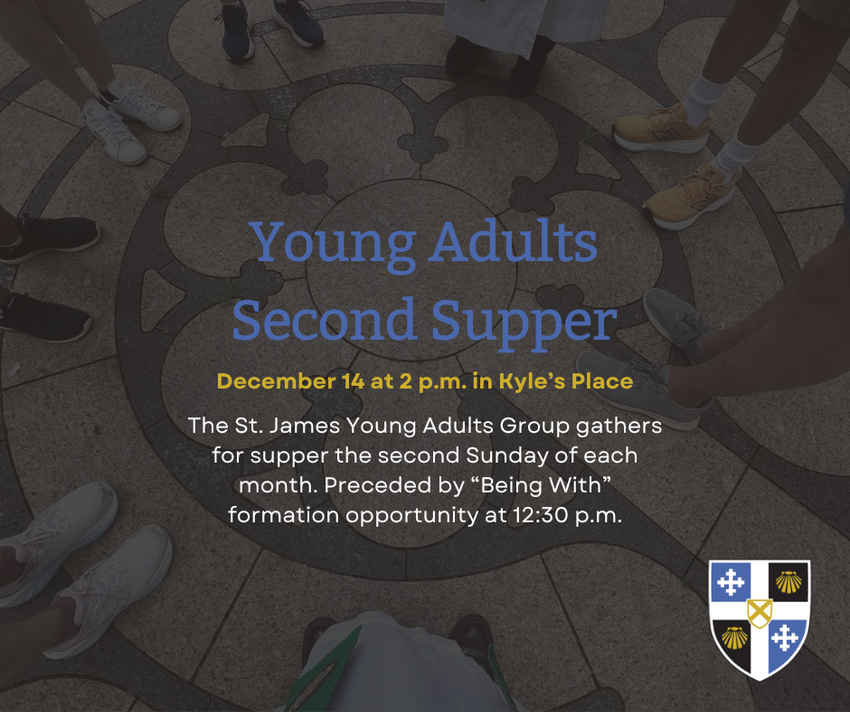The Latest Cathedral News
Now that You've Made Your Pledge, How Do You Fulfill It?
December 10, 2025

Thank you for making your pledge to St. James Cathedral’s 2026 Season of Faith!
Your commitment helps sustain our ministries, our outreach, and the spiritual life we share together.
So now that you’ve pledged… what’s the best way to fulfill it? The good news is: you have options. Choose what fits your financial rhythm and your household budget.
Weekly or Monthly Giving
Many parishioners prefer to give a set amount weekly or monthly. This keeps your pledge manageable and predictable—and it adds up beautifully over the year.
Sunday Envelopes
If you enjoy the ritual of placing your gift in the plate each week, you can continue to do so. Simply use your giving envelope and drop it in at any service.
Automatic Withdrawals (the easiest option!)
For a hands-free, consistent way to fulfill your pledge, consider setting up an automatic withdrawal through Realm. This ensures your pledge is met evenly throughout the year—and it’s one less thing to remember on Sunday morning.
If you need help getting set up in Realm or adjusting your giving schedule, the Cathedral staff is happy to assist.
Your pledge—and your follow-through—truly sustains the life of our Cathedral. Thank you for your generosity and for being part of this community of faith.
Stocks, Securities, Donor Advised Funds, and Qualified Charitable Distributions
St. James is able to receive contributions through a variety of financial instruments. Click here for more information about how to make your contribution through the methods listed above.
Young Adults Second Supper December 14
December 10, 2025
The St. James Young Adults group will gather for Second Supper on December 14 at 2 p.m. in Kyle’s Place. Preceded by “Being With” formation opportunity at 12:30pm
RSVPs and communication of any dietary restrictions are invited by emailing admin@saintjamescathedral.org.

Season of Faith- Not Too Late to Pledge!
December 03, 2025

There is still time to pledge for 2026!
Thank you to everyone who has made a pledge to support St. James financially in 2026. We’re almost at our goal and we can exceed it with your help.
If you haven’t yet made your pledge, there’s still time to join in.
Make your pledge online at
SaintJamesCathedral.org/pledge.
Thank you for supporting our shared ministry.

